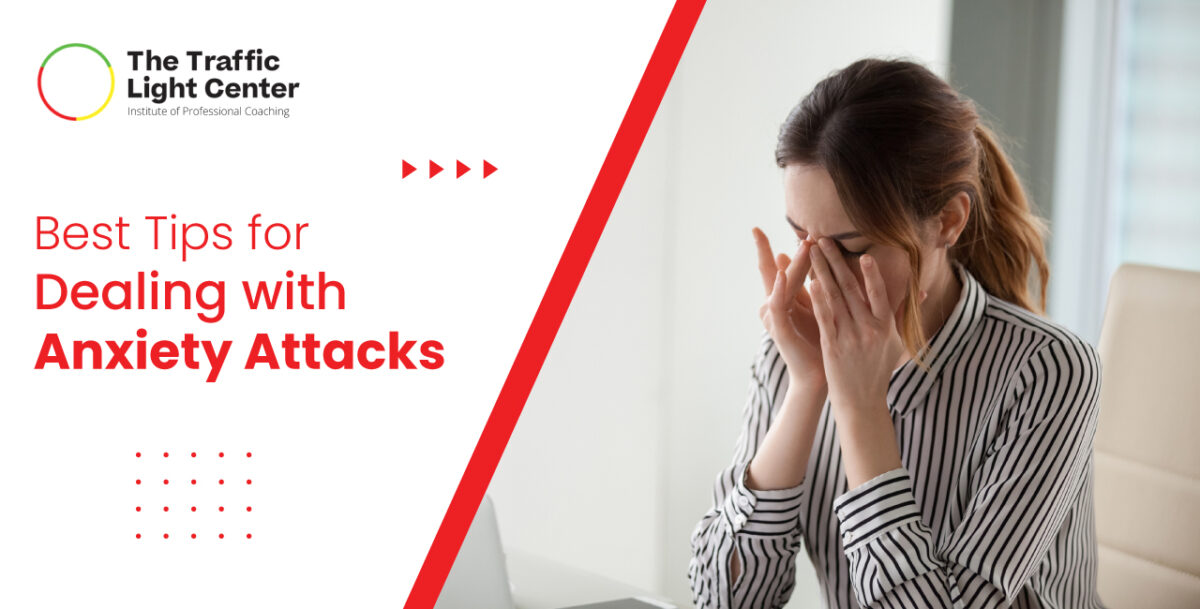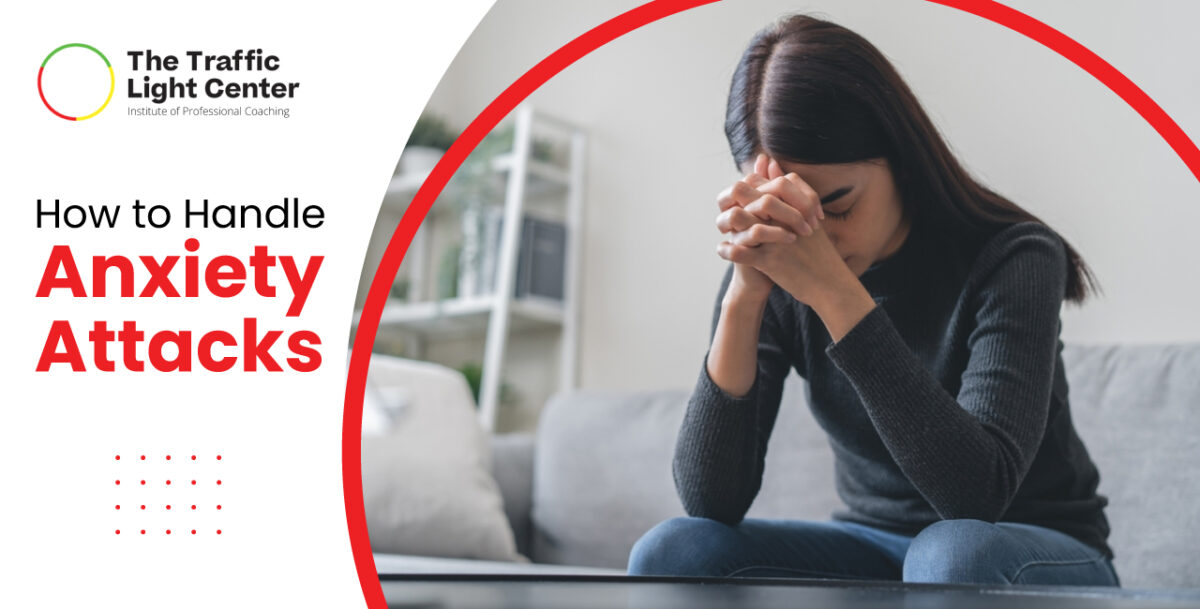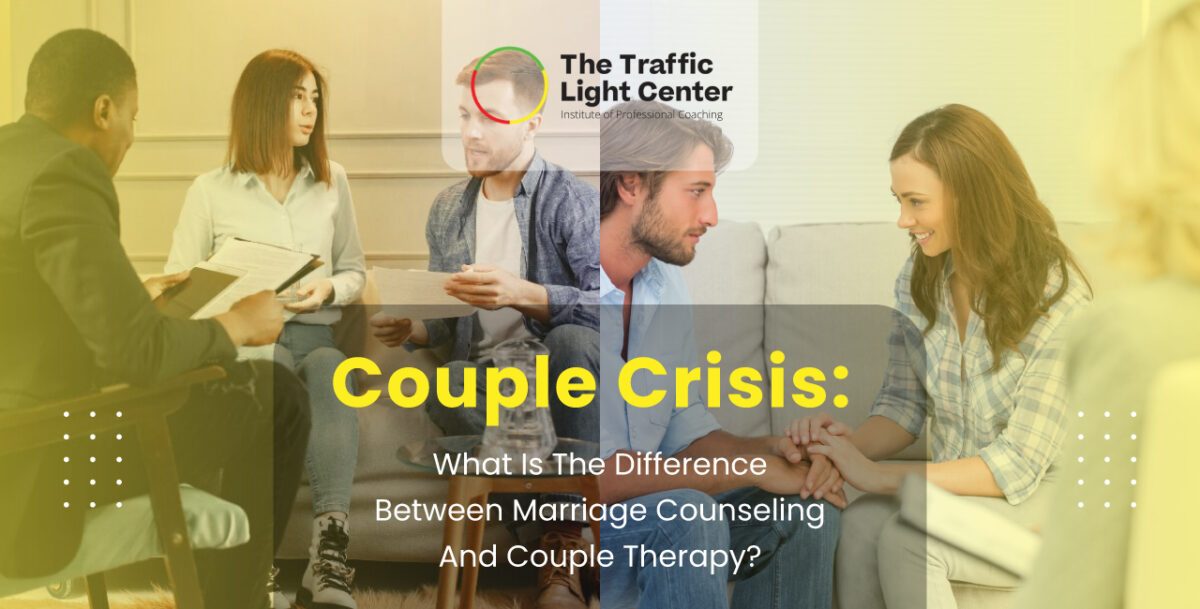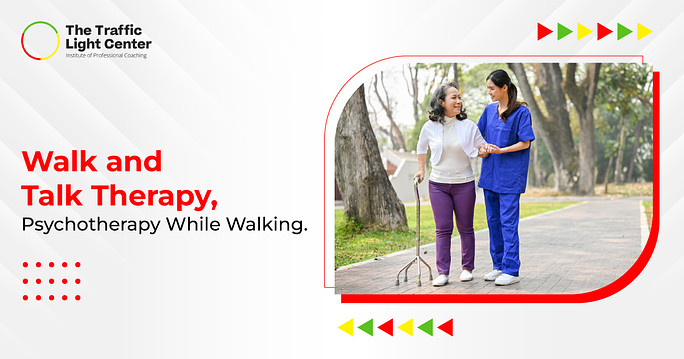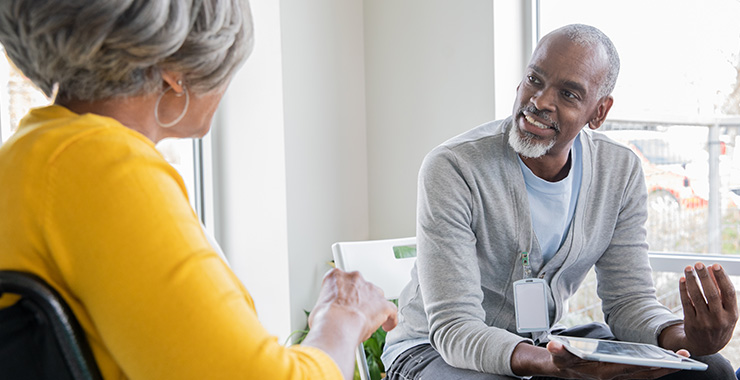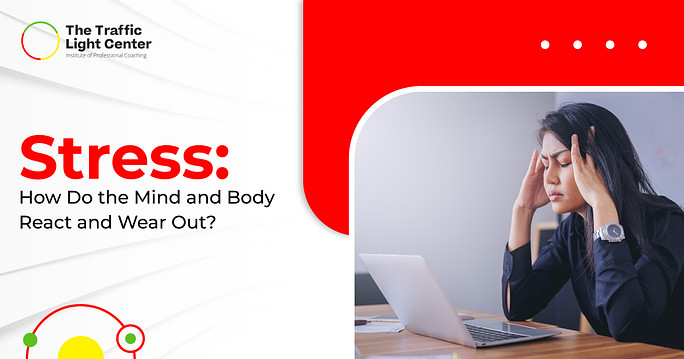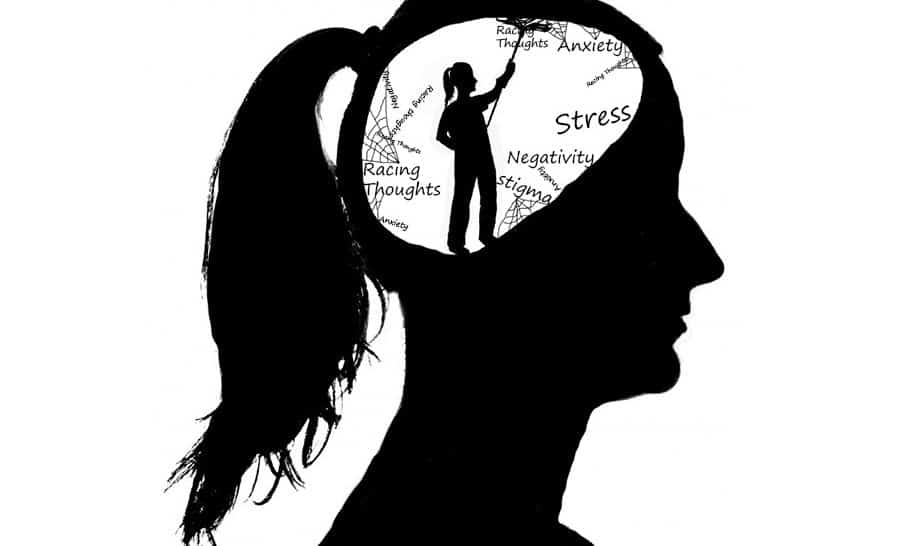Communication is the key to the success of any human relationship, and this is all the more the case in a couple because of the outbreak of emotions that the couple provokes. Communication does not only mean speaking and expressing one’s opinion, but it is, above all, based on listening: on positive interaction with the other person. Many people find it difficult to listen to their partner; they are content to hear what is said but do not install what would be “active listening.”
Listening to your partner means giving him importance, valuing his ideas, and analyzing their deep meaning. Thus, we can then respond while avoiding the misunderstandings that generally lead to conflicts and frustrations.
On the other hand, when we listen to our partner, we show him that we are present, attentive, and caring. This is also how we allow others to feel reassured in our company and, therefore, show themselves, in turn, to be attentive and benevolent. Here are some keys that will allow you to better listen to your partner and, therefore, to be better listened to.
Prioritize Open-Ended Questions
To be attentive to your partner, you must first let him speak and express his thoughts. In order to put him more at ease, it’s best to ask open-ended questions. These give more freedom to the interlocutor while offering him the attention necessary to continue the discussion.
Avoid Judging
After letting him express himself freely, it’s time to listen to his partner. We talk about listening and not about hearing because by listening, we are attentive to the deep meaning of things, we keep an open mind, and above all, we do not judge.
Ask Questions And Summarize What They Say.
To listen well to your partner, you must make sure you understand him well. Suppose the person tells you something, and you don’t understand everything. In that case, you can ask for more information: on the one hand, you will understand their feelings better, and on the other hand, they will feel better listened to: they will therefore be able to conclude that your eventual disagreement will be sincere and honest, rather than stubborn and narrow-minded.
Have Good Non-Verbal Communication
Your gestures have a very important role with your romantic partner; it is your non-verbal communication.
– To listen to your partner, it is best to stay facing them while maintaining a relaxed posture. This will put the person at ease and won’t feel uptight or neglected.
– Keep direct eye contact, and try to show that you are well-concentrated by avoiding looking at details around you.
– Perform small gestures that show that you are an active listener: like approving by raising your head or helping you with your hands to rephrase your partner’s sentences.
To listen to your partner, you have to follow his rhythm.
You may pick up on what the other person is saying quickly, or they may pause a lot in the conversation. At that time, it is best to leave him at his ease so that he can think, find his words, and express himself in his way. Try not to rush to answer or argue your opinion.
Be Attentive To the Words But Also To the Gestures.
Communication is not just about words. The body also expresses itself and sometimes informs better than anything that can be said. So, to better listen to your partner, pay attention to his gestures, his facial expressions, and the expressions on his face: these are signals that will let you know that you may be too aggressive, too insistent, or conversely sufficiently comforting and relevant.
Use The “I” To Express Your Opinion.
When talking about your own view of the situation, it is recommended to say: “I” think, in “my” opinion, etc. The idea is to always show that your opinion is purely subjective and that you do not consider your opinion as a holy word. This way of expressing yourself shows your partner that your opinion is not a threat to his own view of things and, therefore, that a positive solution can occur.
Show Empathy
When your partner talks to you about what they are feeling, be it joy, fear, sadness, or anxiety, show them that you understand why they are feeling and never overlook these emotions. This is called empathy or identification with another’s feelings. This capacity for empathy is very important to establish a connection between two people, which in no way can be simply pragmatic and intellectual.
Listening to your partner is a very important part of communication within the couple. It must go through several stages, including understanding, listening to words, taking into consideration non-verbal communication, and empathy. Sometimes it becomes difficult to manage the communication of your couple. At this time, it is recommended to seek professional help.
Dr. Wendy M. O’Connor is among the famous Relationship and Marriage Counseling Therapists in Los Angeles.






